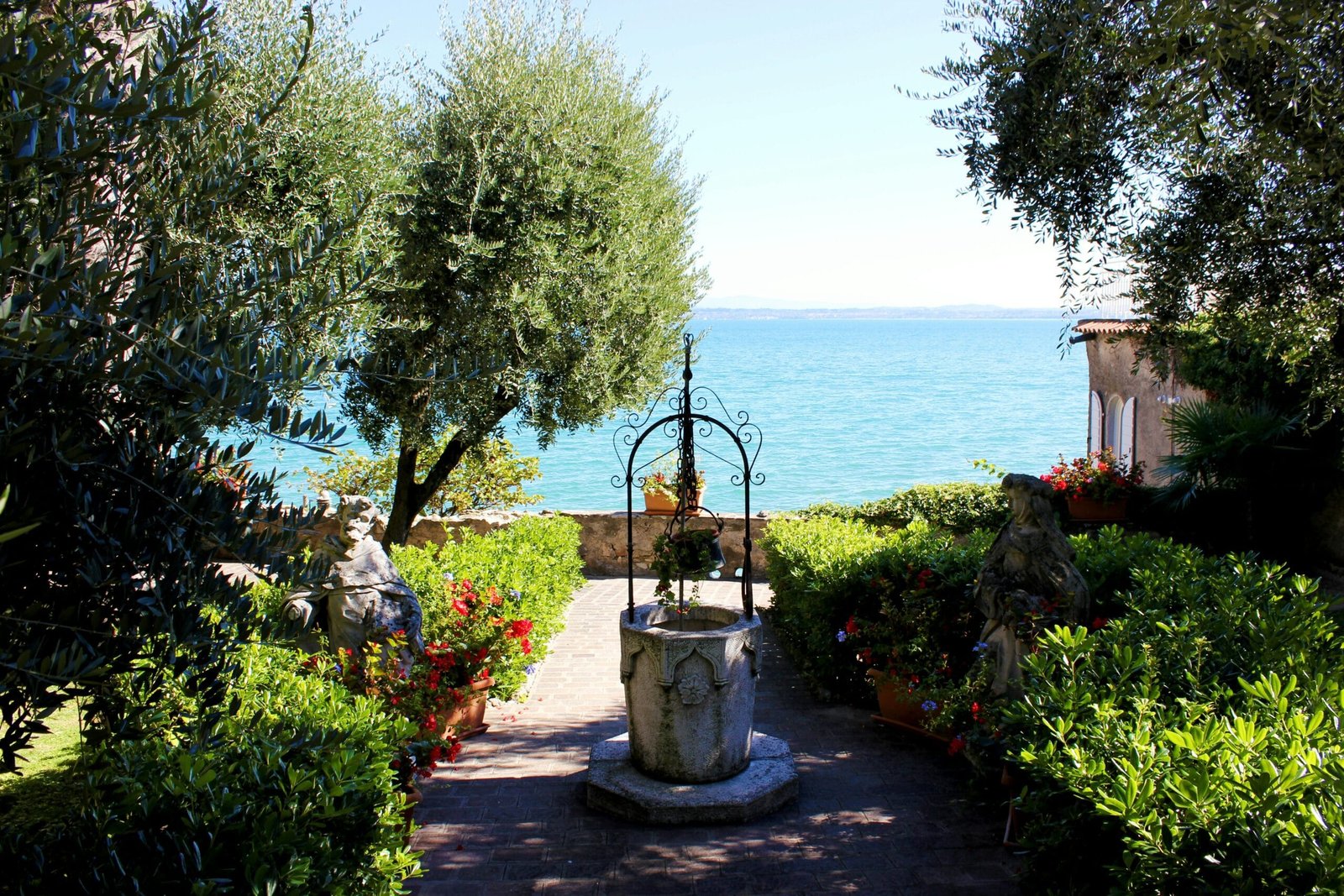Have you ever wondered what lies beneath your feet, quietly providing sustenance and life? Water wells, specifically residential water wells, are a fascinating topic and an essential element for many households around the world. Many people draw their primary water supply directly from these handmade creations or natural formations. In this article, we’re going to unravel the concept of a residential water well, exploring its purpose, functioning, types, and benefits. By the end, you should have a comprehensive understanding and appreciation for this vital resource.
What Is A Residential Water Well?
A residential water well is a hole drilled into the ground, constructed to access groundwater. Groundwater is stored in the aquifer—an underground layer of water-bearing rock. By tapping into this natural resource, a well can provide a reliable and renewable source of water for personal use. Unlike municipal water systems, which serve large areas and are subjected to extensive regulation and treatment processes, residential water wells supply water directly to individual homes, offering an element of independence and self-sufficiency.
The Functioning of a Residential Water Well
The functioning of a water well may seem mysterious, but it’s actually quite straightforward. It involves the retrieval of groundwater stored in aquifers through a well system. A pump is typically used to bring the water to the surface, where it’s stored in a pressure tank and distributed throughout the home.
This process begins with the drilling of a well into the earth to penetrate the aquifer. Once drilled, a casing is inserted to support the opening and keep it clear of debris and contaminants. After that, a pump system is installed, which may function automatically to keep the pressure adequate for household needs.
These components combined with routine maintenance ensure that your water well system operates efficiently and that you receive fresh, clean water as needed.

Types of Residential Water Wells
Understanding the types of residential water wells can help you identify what might best suit your needs. Different types of wells serve varying purposes depending on factors like geography, water table levels, and cost constraints.
Dug/Bored Wells
Dug or bored wells are among the oldest types of wells and are traditionally excavated by hand or mechanically with a backhoe. Generally, they are shallow, ranging from 10 to 30 feet deep, since they only extend below the water table. A dug well’s diameter is usually quite wide, which compensates for its shallow depth by providing a more significant volume of water storage.
These wells are susceptible to contamination from surface runoff and are often lined with stones, bricks, or other materials to prevent collapse.
Driven Wells
Driven wells are constructed by driving a small-diameter pipe into shallow ground until it strikes an aquifer. These wells are typically 30 to 50 feet deep and are found in areas with a thick sand or gravel aquifer. They have small diameters, making them less costly than dug wells, but also have a lower yield.
While they offer better protection against contaminants than dug wells, driven wells are still relatively shallow and can face issues with surface pollution in particular environments.
Drilled Wells
Drilled wells are created using percussion or rotary-drilling machines and can reach depths of over 1,000 feet, although typical residential drilled wells extend 100 to 400 feet into the ground. This type of well has the advantage of accessing deeper aquifers, which are generally less susceptible to contamination.
The borehole in a drilled well is smaller in diameter compared to a dug well, but its depth means that it frequently offers a substantially greater water yield. These wells can feature casing and grout seals to prevent pollution from surface sources.

Importance of Residential Water Wells
Residential water wells play a pivotal role in providing water to homes, especially in rural or isolated areas where municipal water supplies are unavailable or unreliable.
Cost Efficiency and Independence
One of the primary benefits of a residential water well is cost efficiency. After the initial expense of drilling and equipping the well, the ongoing costs tend to be lower than those of a municipal water supply. You’ll have regular access to water without the need for monthly bills.
Additionally, owning a well bestows a degree of independence. You are less affected by municipal disruptions, rate hikes, or water purity concerns that can accompany public sources. More control over maintenance and quality assures homeowners of a consistent water supply.
Water Quality
The quality of well water is generally high, as it is naturally filtered through rock layers. However, it’s crucial to have the well water tested regularly to ensure its safety due to potential risks of contamination from natural deposits, agricultural chemicals, or biological factors.
Routine tests for bacteria, nitrates, and other potential contaminants help maintain a safe water supply. Treating any identified problems promptly can safeguard your household against health risks.
Environmental Considerations
Water wells are considered environmentally friendly because they replenish naturally and don’t depend on electricity for maintenance, especially if a manual pump is used. Wells harness the earth’s existing water cycles and often allow residents to conserve water more effectively than taking from larger, more impactful water systems.

Considerations for Installing a Residential Water Well
If you’re contemplating installing a residential water well, certain factors should be taken into account to ensure that your well functions effectively and provides clean, safe water.
Site Selection
Choosing the right location for a well is critical. You must ensure that the site is at a safe distance from septic tanks, drain fields, and other potential sources of pollution to prevent contamination. Additionally, consider the proximity to the house and any necessary landscaping or utility adjustments, as these can affect installation costs and long-term maintenance.
Legal Requirements and Permits
Before undertaking the drilling of a water well, investigate legal requirements and secure any necessary permits. Regulations vary by location, and you might need to adhere to specific construction, distance, and depth guidelines. Contacting local health or environmental authorities can provide clarity on requirements and help ensure your project proceeds smoothly.
Costs and Budgeting
The cost of a residential water well will depend on several factors, including depth, casing material, pump system, and conditions unique to your site. Obtain multiple quotes and evaluate options with future needs and maintenance in mind. Despite initial expenses, the investment can result in long-term savings on water bills and convenience.

Maintaining Your Residential Water Well
Proper maintenance of your well is essential to ensure its continued efficiency and water quality.
Routine Inspections
Have your well inspected annually by a professional to assess the system’s mechanical integrity and to identify any potential issues early. This practice can extend the lifespan of your well and maintain water quality.
Water Testing
Regular water tests, conducted every year or as recommended by experts, are crucial. Testing should include checks for bacteria, nitrates, and other common contaminants. Should problems arise, addressing them swiftly can prevent health issues and preserve water quality.
Addressing Issues and Repairs
Should a problem be identified during inspection or testing, prompt resolution is necessary. Whether it entails cleaning, repairing or replacing components, quick action minimizes downtime and prevents water quality degradation.

Conclusion
Residential water wells provide critical water access for many households worldwide, offering a robust, sustainable, and efficient resource. Understanding their functions, types, advantages, and needs can empower individuals to make informed decisions about utilizing, installing, and maintaining wells. With a water well, you enjoy both the reliability of an autonomous water source and the peace of mind that accompanies self-sufficiency. So, if a residential water well is a viable option for you, it can be a wonderful enhancement to your property and lifestyle.
